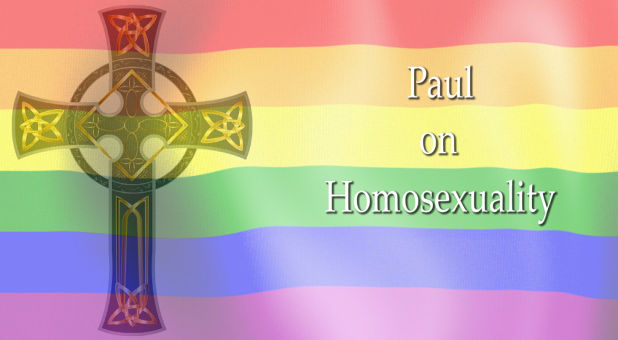The Apostle Paul and Homosexuality—Answering Homosexual Objections (Part 1)
Objection #3: The concept of committed, loving, monogamous relationships was completely foreign to the apostle Paul or anyone living during the first century A.D.
Gagnon confronted retired Episcopal Bishop Eugene Robinson for his repeated appeal to this erroneous objection during a 2012 debate entitled “A Conversation on the Definition of Marriage” held at the Skyline Wesleyan Church in La Mesa, California. On this occasion, Dr. Gagnon indicated that Roman poet Martial (ca. 40-104 A.D.) and satirist Juvenal (ca. late first century to early second century) each referred derisively to effeminate men who willingly committed themselves as “brides” to another man of equal age. For example, Juvenal mentioned Gracchus, “a man renowned for his family background and his wealth,” who “wedded” a common cornet player through the issuing of semi-official “marriage” documents (Satire 2.119, 125, 129).
Even earlier, in Plato’s Symposium (ca. 380 B.C.), Aristophanes remarked about male-male relationships: “They [the two men] continue with one another throughout life … desiring to join together and to be fused into a single entity … and to become one person from two” (192E). In the Greek historian Plutarch’s Dialogue on Love (late first to early second century C.E.), Protogenes further argued for the superiority of committed homosexual male relationships (750D, 4).
Clement of Alexandria (150-215 A.D.) also mentioned with revulsion “women … contrary to nature … marrying women,” and he identified such arrangements as a violation of Scripture (Paedagogus 3.3.21.3). So, although committed homosexual relationships were in existence during New Testament times, the apostle Paul still described them as unnatural and immoral.















































